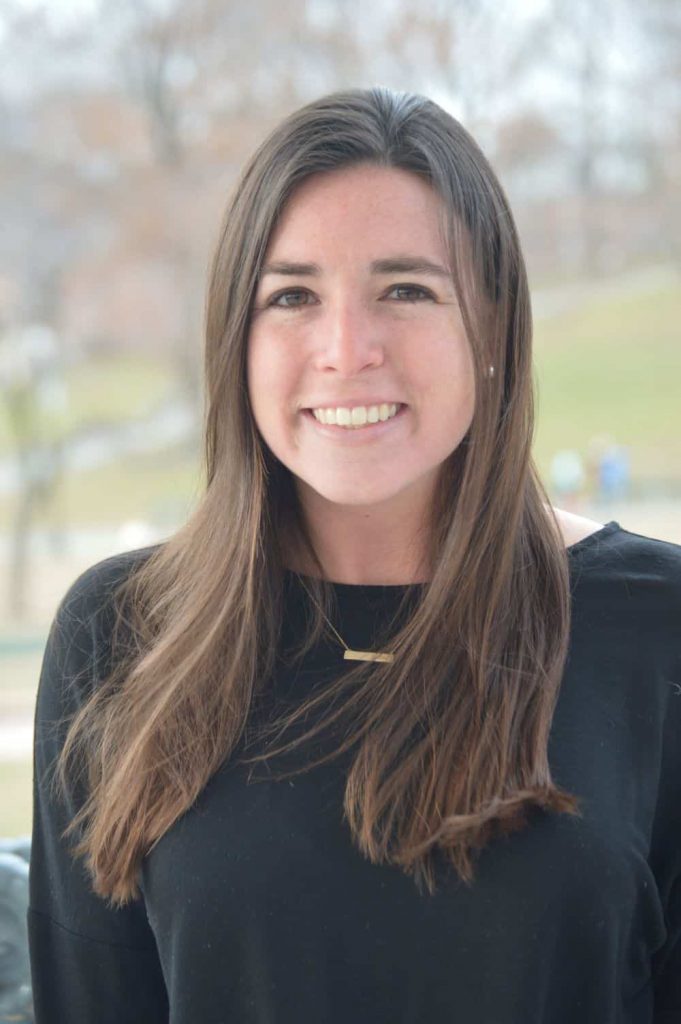
As application season inches closer, you may be thinking about coming to Emerson for your graduate school journey. If you’re interested in learning more about speech pathology, Emerson is the place for you. Today we’re joined by Colleen O’Brien, one of Emerson’s graduate program recruiters, to answer some commonly asked questions about the on-campus Communication Disorders program at Emerson.
Q: What makes Emerson’s Communication Disorders programs unique?
A: Emerson’s on-campus Communication Disorders (MS) and online version, Speech@Emerson are unique because they train students to be generalists. Students in both programs work with the entire spectrum of communication disorders, across all ages, which makes them well-rounded speech-language pathologists. That’s very important because students often come in thinking they want to work with a specific population, and then time and again I hear that they were able to work with another population and changed their mind.
Q: Who should apply to Emerson’s Communication Disorders program?
A: Applicants should start by looking at Emerson’s mission statement and the program’s curriculum to see if this seems like the school for them.
Career changers are welcome in this program, so students are not required to have a background or bachelor’s in the field. In fact, we encourage students without a CD background to apply. It adds depth to our graduate community having people with different experiences and perspectives in the program.
Q: How big are the cohorts each year?
A: While it varies year to year and we aim to recruit as many qualified applicants as possible, we typically enroll 45 new students per year for the on-campus Communication Disorders program.
Q: Why should students choose Emerson for their graduate journey?
A: I always highlight the community here at Emerson. We have a vibrant graduate student population who are excited to be at Emerson and take what they learn here to pursue their goals.
There’s the same sense of community within the Communication Disorders department. Students establish personal connections with peers and faculty, especially given the small class sizes. You aren’t just a number in a lecture hall, which helps students develop strong relationships with faculty. The faculty are such a rich resource, with their professional experiences in the field and a wealth of knowledge.

Q: What are classes like?
A: Classes in the Communication Disorders program cap at 25 people, making the class sizes supportive of conversation and active student participation. Professors have a variety of clinical and research experiences, making them experts in the field. In addition to classroom instruction, Communication Disorders students get their first clinical experience at Emerson’s on-campus clinic, where clinical instructors support students every step along the way.
Q: What kinds of jobs do students get after graduating?
A: Our Communication Disorders program prepares students to become licensed speech-language pathologists qualified to work in many settings. Graduates have gone on to work in schools, Early Intervention, hospitals, skilled nursing facilities, and more.
We hope today’s interview with Colleen has helped answer some of your questions about Emerson’s on-campus Communication Disorders program. For more information about speech pathology at Emerson, schedule a call with an admissions counselor. You might also read about students’ experiences on our Communication Disorders page. For more information about our other graduate programs, check out the other blogs on frequently asked questions about our programs.


Leave a Reply